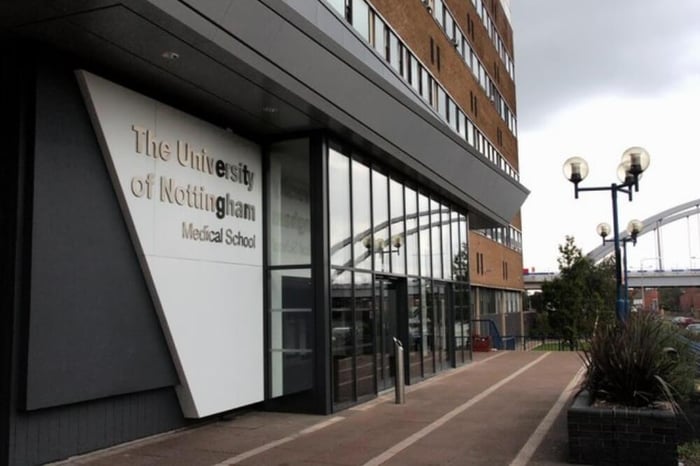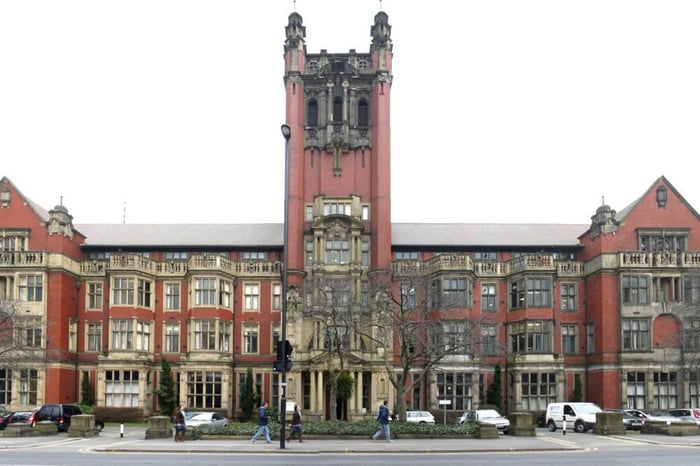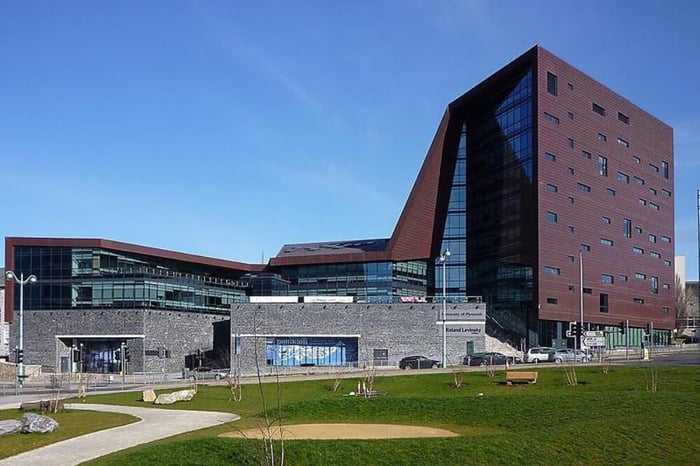
Nottingham Medical School Interview Guide
The University of Nottingham Medical School first started taking students in 1975. In 2018 there were 206 places on the 5-year BMBS course. The school is based at the Queen’s Medical Centre in Nottingham, next to the main University campus.
1. ABOUT YOUR NOTTINGHAM MEDICINE INTERVIEW
In inviting students to interview, their GCSEs and University Clinical Aptitude (UCAT) are converted to a score, with no consideration of AS grades. The top applicants from this will have their personal statement and references read and scored, based on a number of criteria listed on their website. These scores are then added to the academic scores and the top applicants are invited to interview. You should consider how you will perform on this initial scoring before applying to this medical school.
The University of Nottingham runs an 8 station multiple-mini interview (MMI) as part of their assessment criteria. Applicants have one minute to read the instructions. Everyone begins with an ice-breaker station, where you will be asked three questions. This isn’t part of the assessment, but more to get familiar with the format. The assessment of the station begins after 3 minutes and will last five more minutes. The remaining seven stations will last five minutes each with a minute rest in between to read the instructions for the next station.
The 8 MMI Stations
- Two role-play stations
- Six answering questions stations
- These will assess your personal qualities. Interviewers will be looking at how you will respond to the course material and how you will make a good doctor.
- You will need to demonstrate communication and listening skills, an understanding of teamwork, a respect for the contribution of other healthcare professionals and your understanding of the profession as a whole.
The interviewers will be medical practitioners, university academics and laypeople.
2. ABOUT THE COURSE
There are many courses available, with the main medicine course lasting five years. Students also receive a BMedSci degree in this time, whilst most other universities require students to study for six years. The course is integrated. It is mainly lecture based with few elements of Problem-based Learning (PBL), but importantly there is early clinical experience.
STRUCTURE
In years 1 and 2, students are taught the core medical science required to be a doctor.
- Modular and cellular aspects of medicine
- Human structure and function
- Healthcare in the community
- Early clinical and professional development.
Subjects include anatomy, physiology, biochemistry, pharmacology, pathology, embryology and more. As the medicine course progresses, the medical students gain increasing scientific knowledge and are encouraged to apply this to clinical scenarios.

TEACHING
Teaching is delivered through a variety of modalities, which include:
- Case-based learning
- E-learning
- Full-body dissection
- Lectures
- Seminars
- Simulated clinical skills
- Small-group learning
- Tutorials
- Visits to general practices and hospitals
CLINICAL EXPERIENCE
ANATOMY TEACHING
Anatomy is taught using full body dissection at the newly formed School of Life Sciences. Students can produce prosections as part of their intercalating BMedSci degree, or as an elective special study module. The dissection suite is also used to teach surgical skills. Students work in groups of 7-10 to dissect a cadaver and find structures from the checklist. As ever, the practical anatomy sessions are supported by an extensive lecture series which covers all parts of the human body.
INTERCALATION AND ELECTIVE OPPORTUNITIES

3. theMSAG interview tips
PREPARE YOURSELF FOR THE ROLE PLAY STATIONS
Role play forms 25% of this interview, so it is vital that you ensure you are well prepared for The Role Play MMI Station. The main types of role play that are likely to come up are breaking difficult information to a patient, or dealing with a stressful situation. In both cases, you must demonstrate your ability to communicate effectively. Get a family member or friend to simulate being the patient, and you can act as the doctor.
RELATE BACK TO YOUR WORK EXPERIENCE IN THE INTERVIEW
One of the stations will assess your motivation for medicine and understanding of the role of a doctor. Look back at what you did in your work experience. This doesn’t even have to experience shadowing doctors. Think about the voluntary work you’ve done, maybe in a hospice or care home. It is important to consider end of life care and care for the elderly, as this is a part of medicine that medical students tend to ignore.
MAKE SURE YOU STICK TO THE TIMINGS
WHY NOTTINGHAM?
4. Advice from a current Nottingham medical student
"The interviews now follow a MMI format and with these, my top advice would be to try and stay calm and to focus on each MMI station at a time - which means forgetting all about it as soon as it has finished and just moving onto the next one."We hope that you have found these Nottingham medicine interview tips useful! As always, don't hesitate to contact us at [email protected] for more information.
Disclaimer: The information used for this blog post has been found on the Nottingham Medical School website. These were accessed during the 2nd week of December 2018. Please note that the course structure and interview style is subject to change, and you are advised to confirm before attending.



